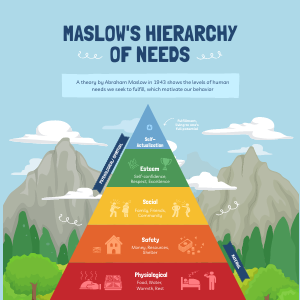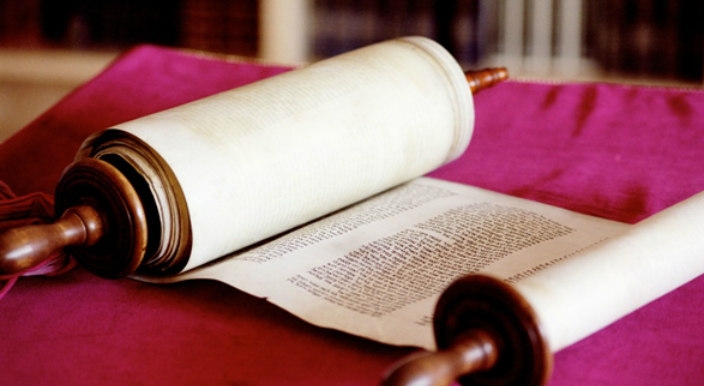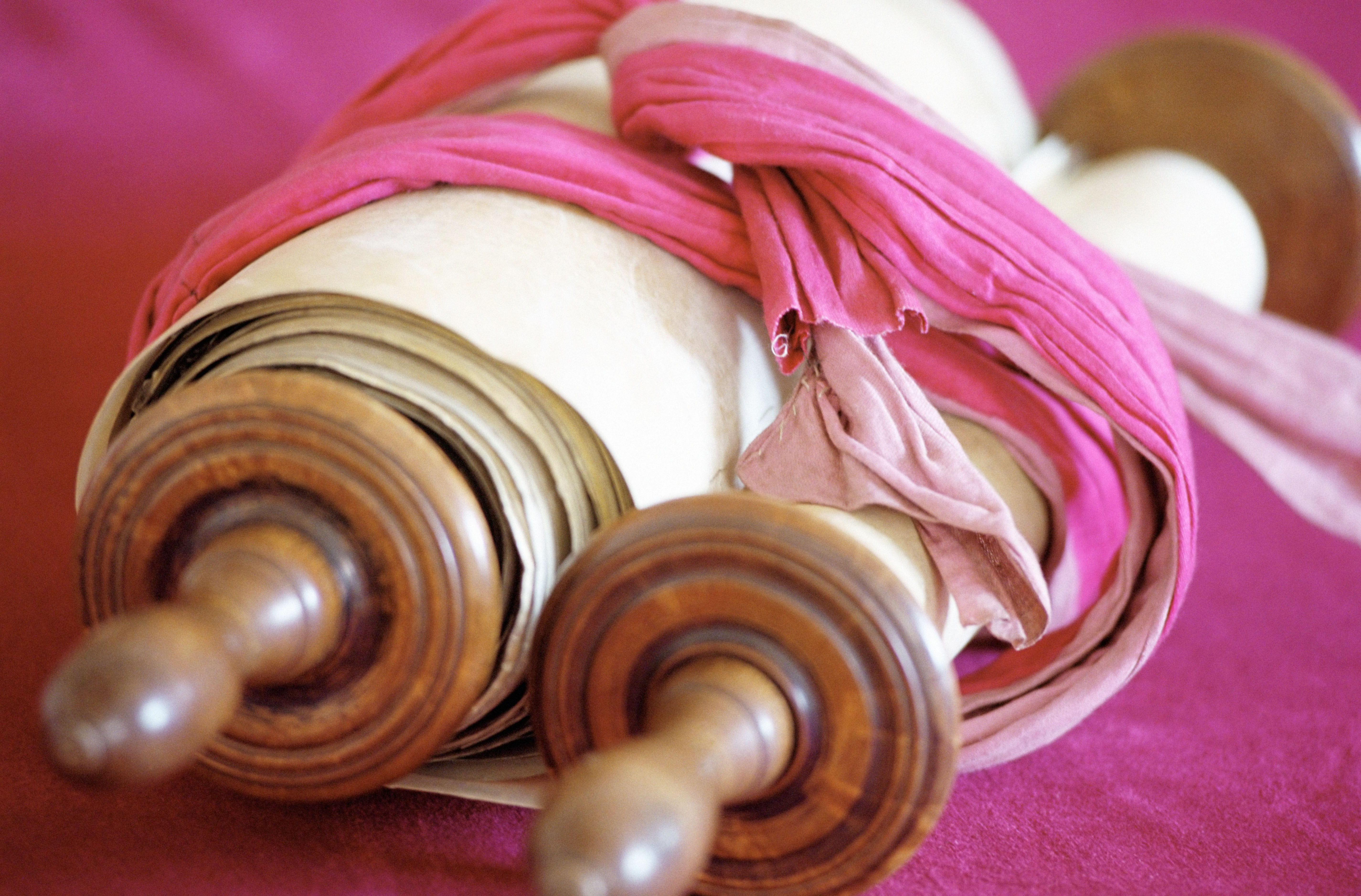Voices of WRJ
This weekly blog series, published on Fridays, features insights from WRJ leaders on the Torah portions from a women's perspective. Enhance your Torah learning and understanding by adding Voices to your reading list.

Parashah Ki Tetzei
I suspect that everyone has gone through an experience in which you felt resentful, angry or depressed about a past encounter with someone and found it hard to get past it. Someone close to you may have said, “Get over it! Put it in your past!
Parashah R'eih
Parashah R’eih (Deuteronomy 11:26-16:17) opens with the verse “See, this day I set before you blessing and curse (Deut 11:26-28).” Many instructions of daily living are included in the text.
Parashah Eikev
Parashah Eikev, while it may be one of the parashyot in Deuteronomy that we gloss over on our way to Simchat Torah, actually raises several challenging questions and can teach us meaningful lessons.
Parashah Va-et'chanan
When I was a little girl attending Sunday school, I learned about the Ten Commandments and understood the gist of most of them, particularly the commandments about one God, not stealing, and honoring my Mother and Father.



